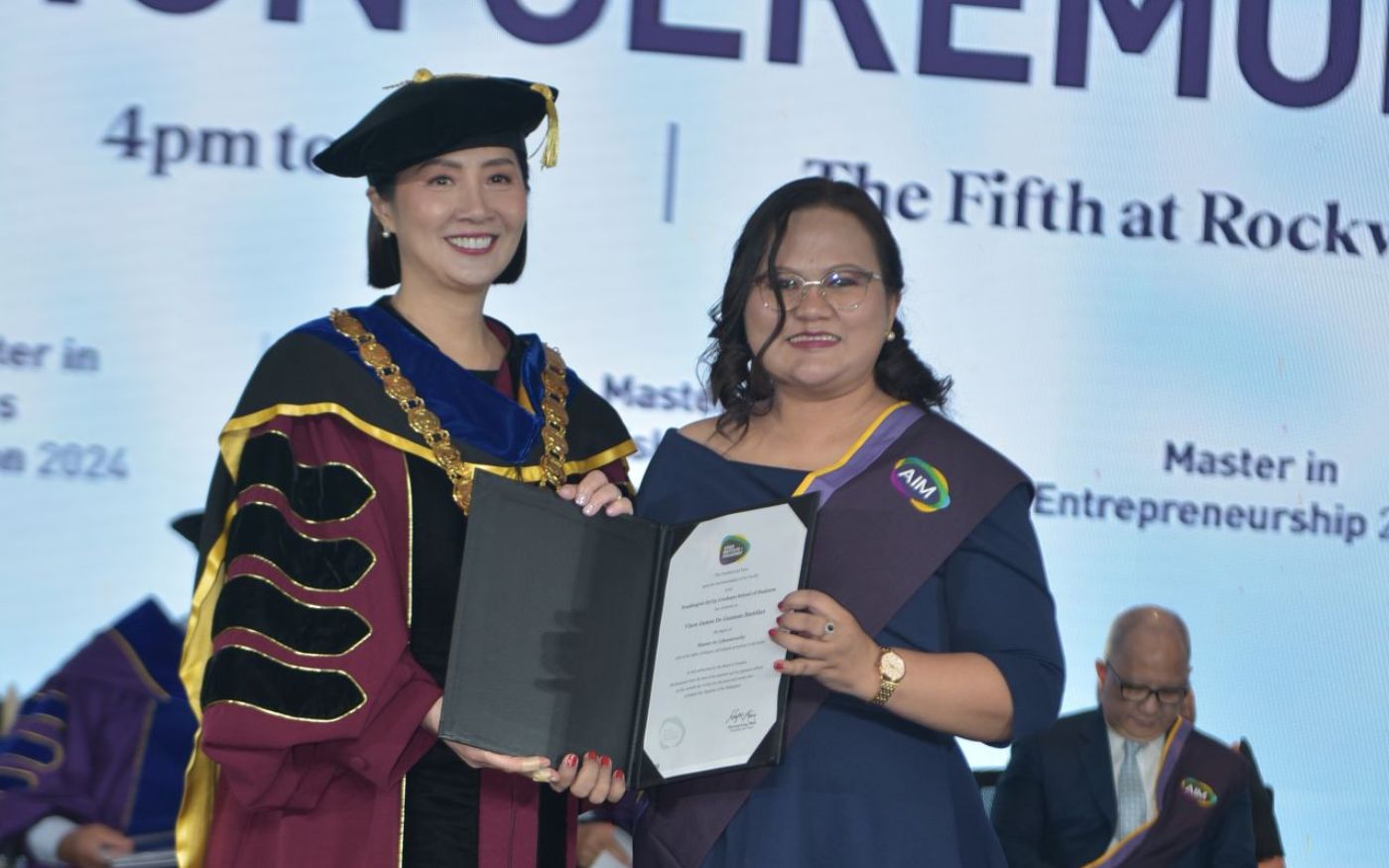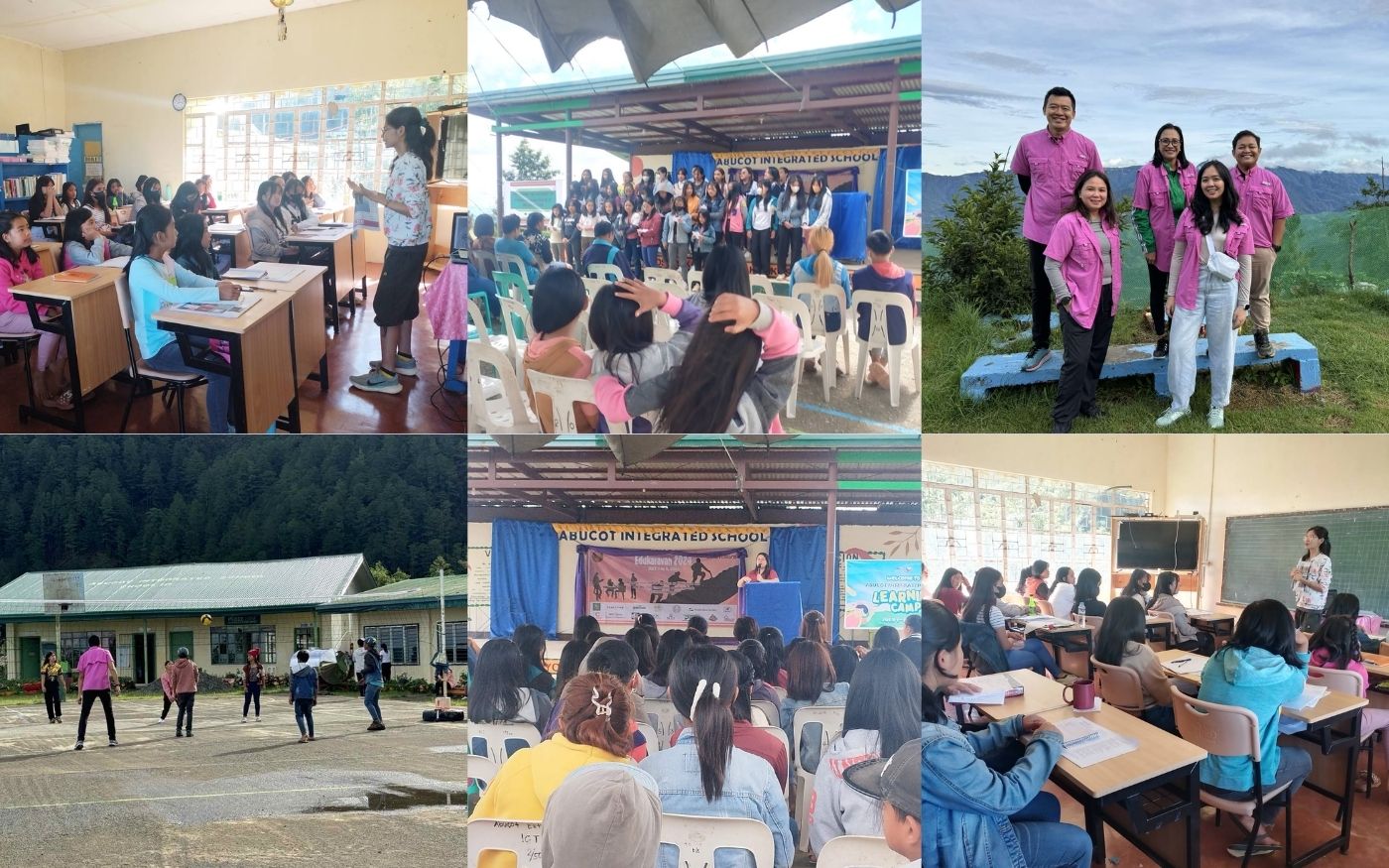Thank you to our alumni who have responded to our call for sharing positive and relevant information during these trying times.
From Mr. Raul Tan (MBM 2002)…
There are several lessons we have learned as a business and as human beings, before and during this lockdown. I hope, that by writing these down, we can, not only as a business, but also as fellow human beings, learn and be better off by it.
- LUCK. Unfortunately, we did not have a robust BCP in place prior to the news of the virus spreading around the world like wildfire. I’m not afraid to state that we were not ready. BUT, fortuitously, the Taal volcano eruption made us ready. During the eruption, we made plans to prepare for a work from home scenario in case the eruption forced a closure of offices. Now you may not necessarily call this luck, but one unfortunate event led to us being prepared for the subsequent one.
- HOMEWORK. We proceeded to take an inventory of laptops, PCs and of our system (mobile phone access as well) in preparation for remote access. We then took a secondary inventory of staff – who had personal laptops and PCs. We took a further inventory of internet access. Based on these inventories, we then assigned the extra laptops based on necessity and priority. In addition we procured WiFi devices for those that needed them. At this point, we had enough confidence that we were ready from a technology point of view.
- INFORMATION. We kept an hourly eye on developing news, globally and locally. This helped us gauge the direction and the timing of our actions. This was critical to the execution of our plans. Without keeping abreast of the situation, I am sure we would have had issues in execution.
- BUY-IN. The beginning of March saw us implementing a daily Mancom schedule. It was both a time to exchange ideas and information as well as a time to ensure our plans were in place. This also saw us doing town halls every other day – this helped prepare the staff for a worst case scenario (I thought that a worst case scenario would be a city wide lockdown for two weeks!). We explained the plans and the decisions in real time to the staff and responded to their concerns. This was a fluid and developing situation and we wanted to make sure that everyone knew what we were doing and what we had planned to do as soon as it left our lips. This was a true team effort.
- BRAINS. While I do possess one (and many, I am sure, will contest that statement!), adding several others to the mix always helps. Our Mancom produced critical input, unity and support in all of our decisions. Use your Mancom or your colleagues – we gained a tremendous amount of insight into what people were thinking, personally and professionally. This helped shape our plans. You can’t be the smartest one in the room all the time!
- LOGISTICS. Anytime we had plans to put in place, we always questioned our ability to deliver. Where and how much are pocket WiFi’s? Do we need to buy more laptops? Do we need to increase mobile phone data limits? There is a cost to all of these and not all are monetary. Time was the biggest cost and we evaluated and re-evaluated our plans continuously based on real world abilities to deliver – everyone else was scrambling to do these things as well so we cross checked what we could and if and when we could do it.
- PEER EVALUATION. Talk to friends everywhere. Don’t restrict yourself to your industry. Figure out what they’re doing and if it makes sense, copy it! There’s no penalty for imitation, only inaction. When I found out that some companies had made advance preparations and implementation of their work from home protocols, I discussed it with my team and eased into it over the next couple of days. This enabled us to not be caught off guard by the lockdown announcements.
- HUMANITY. Talk to you people. Find out what their fear and concerns are. This helps you to make decisions that have roots in empathy and compassion. This gives you the strength to carry on and continue what you’re doing. The first item in our list was to ensure continuity of employment and wages. We told everyone that it didn’t matter if one worked from home as we assured them that wages would be paid. We also articulated the support of our regional and global superiors as a sign of their commitment to the business. Another important example, was that we posed a seemingly simple question to the staff as to who lived outside of the city, who commutes or who stayed weekly in an apartment. By finding out the answers to these questions, we were able to get a third of our staff home safely and hours before the lockdown itself (they all lived outside of the city). More importantly, we were able to ensure that they had minimal to no contact with the general public (as people rushed to leave the city, it caused chokepoints and massing at the checkpoints) and thus mitigate their exposure to the virus.
- STRUCTURE. We hold daily meetings to address the business needs using video conferencing tools (I insist on video as it makes us more relaxed and yes, human). This gives us purpose in serving our clients as best as we can and it gives us, frankly, a reason to not get lazy.
In conclusion, yes we were lucky on many fronts, but we prepared as best we could. We acknowledged our deficiencies from a logistical point of view and made adjustments along the way. It wasn’t perfect but it worked and works for us. Above all, we always kept our people top of mind. I hope that we all learn from this situation and I trust that these lessons will serve us well into the future. Thank you for reading and keep safe and healthy!





